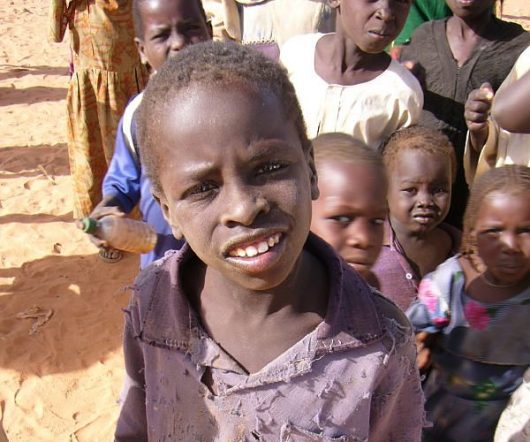The Impact of the Radio Education Program for Lake Chad

Within the Lake Chad basin of Africa, there is a crisis occurring. This crisis includes the increasing rates of famine, floods and militia groups such as Boko Haram which threaten the lives of individuals across Niger, Chad, Cameroon and Nigeria. This situation has displaced 1.3 million children and has made it difficult for students to access schools. However, a new program initiated by UNICEF and Education in Emergencies is providing a radio education program for Lake Chad that will give over 200,000 children potential access to education.
Conflict in Lake Chad has been occurring since 2009, with Boko Haram leading attacks against civilians and using violence to ban schooling. In the past eight years, Boko Haram has closed over 1,200 schools and has murdered over 600 teachers, as well as forcing 19,000 educators to flee. With many schools destroyed and more facing threats, children have no way to safely access education.
The occupancy of Boko Haram, although the primary threat to students, is not the only challenge when it comes to accessing schools. Children also encounter difficulty in mobility due to the rainy season, which causes flooding. This threat is all in combination with overarching threats of famine and water-borne diseases. These factors work together to make achieving an education almost impossible.
The UNICEF-designed radio education program for Lake Chad is an essential service that will educate children in the most rural areas of the country. This innovative program will feature 144 lessons on literacy, numeracy and other critical information. These lessons will be broadcast in French as well as in the local languages of Kanouri, Fulfulde and Hausa. This tool will reach children that have no other way to access schooling.
A significant aspect of this program is that it will be accredited by the governments of Cameroon and Niger. This point means the children using this program will not fall behind in their schooling and may have the potential to receive a certificate validating their success.
The radio education program for Lake Chad will also be bringing communities together, as UNICEF will be encouraging radio listening groups to help children get the most out of each broadcast. This measure will also ensure that adults will allow children to use existing radios and help with guided listening.
Despite the circumstances that currently prevent children from attending school, humanitarian organizations continue to find a way to keep these students learning. This radio education program will provide quality lessons to children that may have otherwise been denied an education entirely, ensuring that education will remain a priority for even the most vulnerable populations.
– Kelly Hayes
Photo: Google
